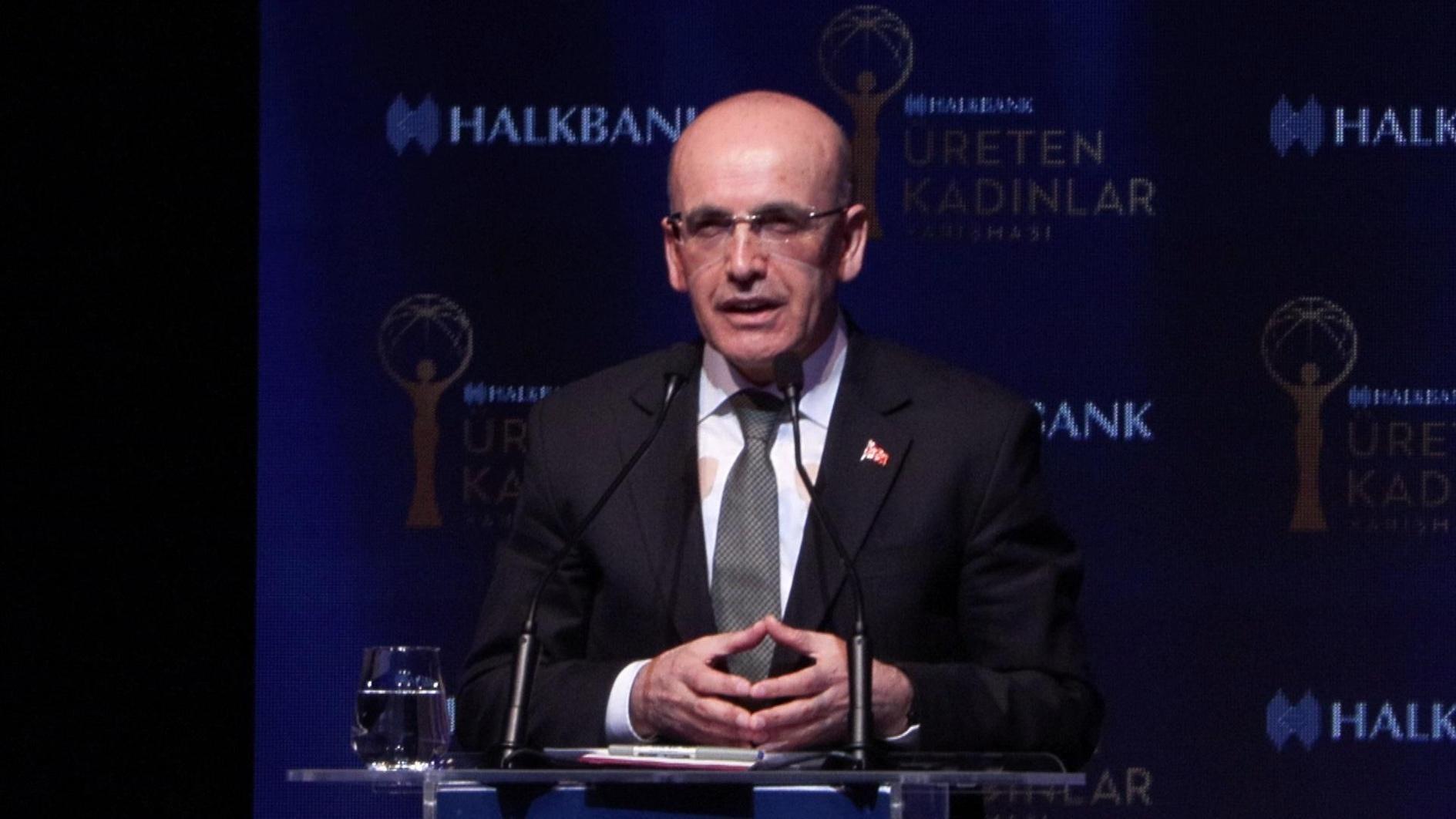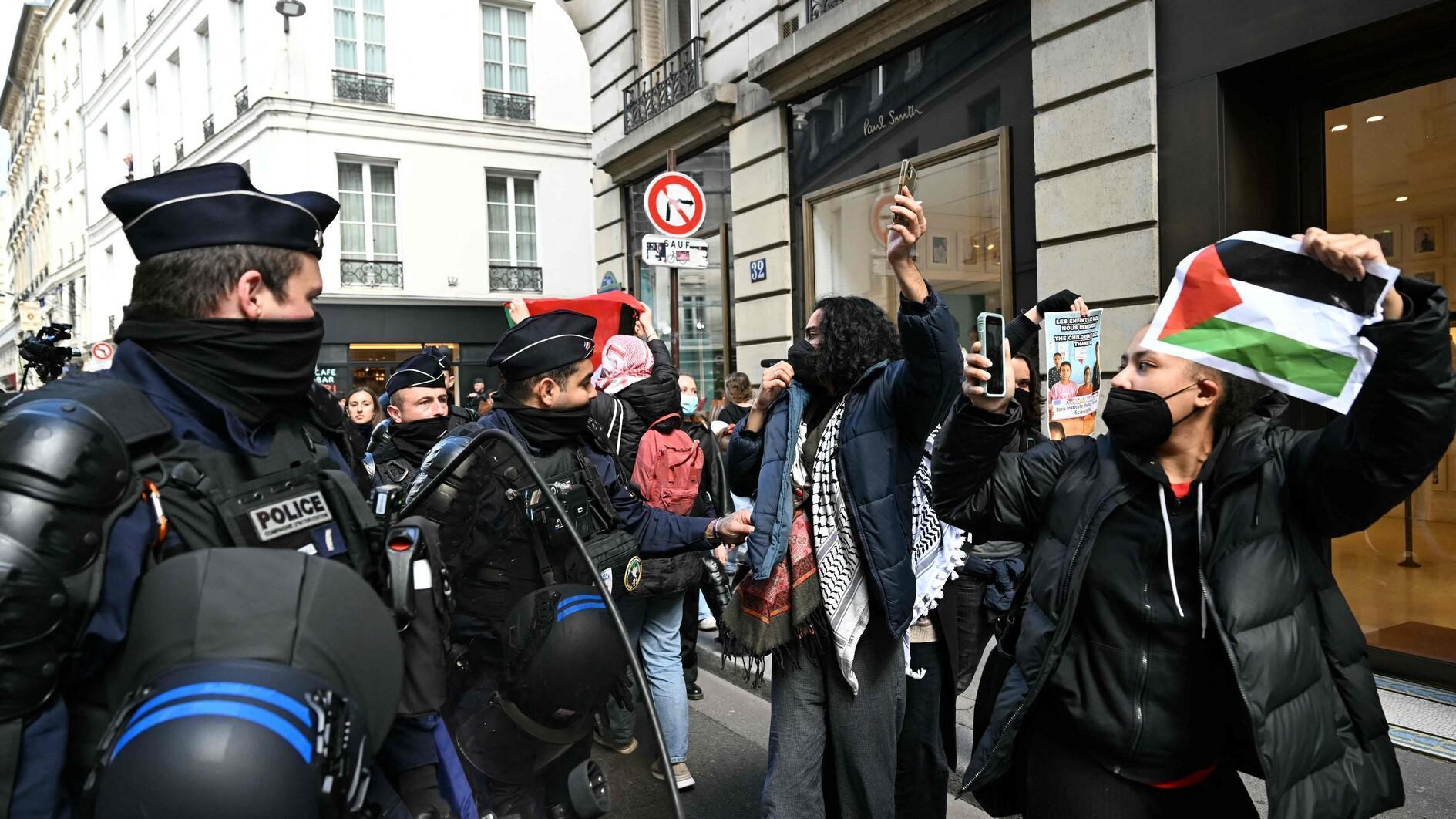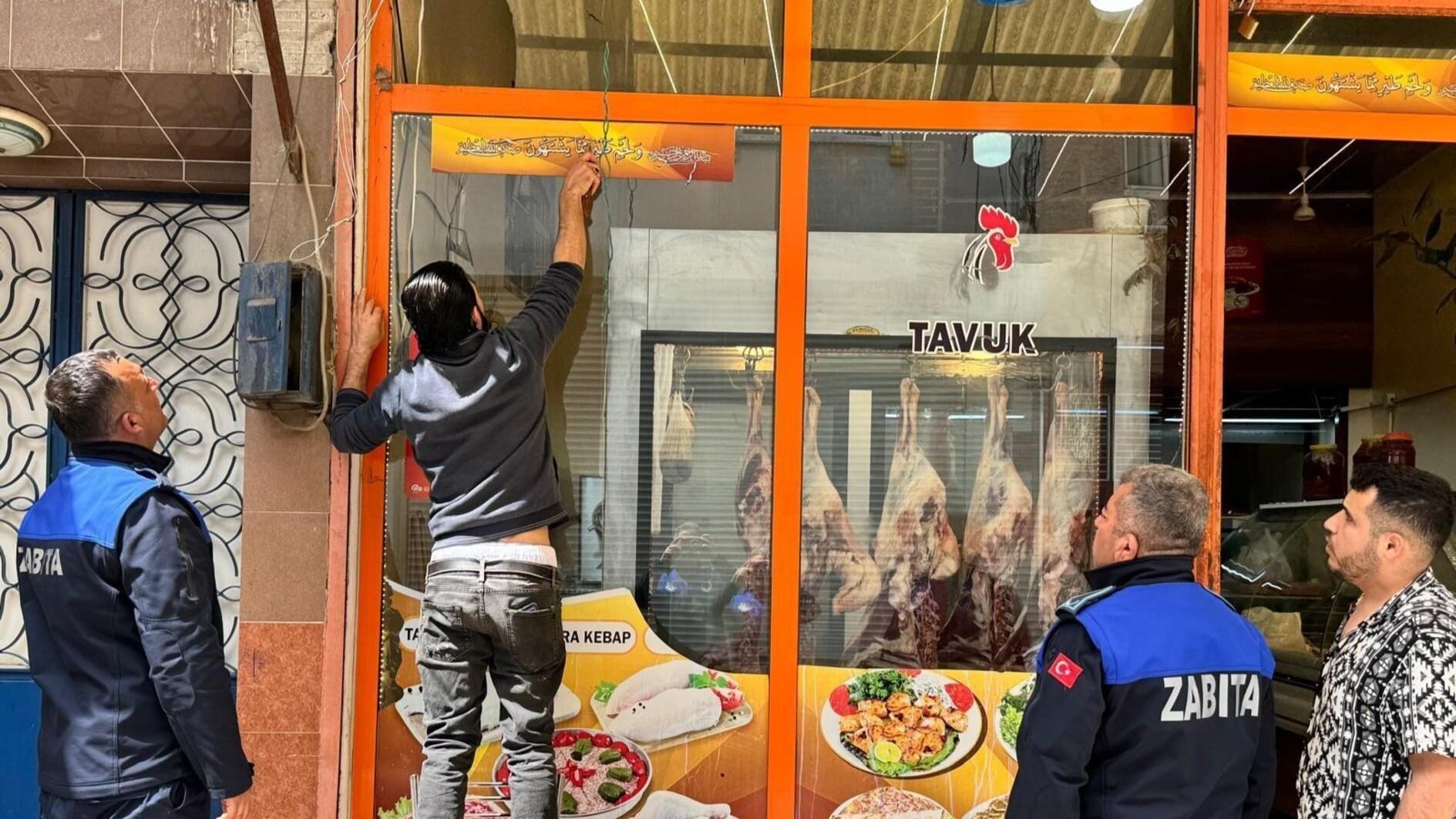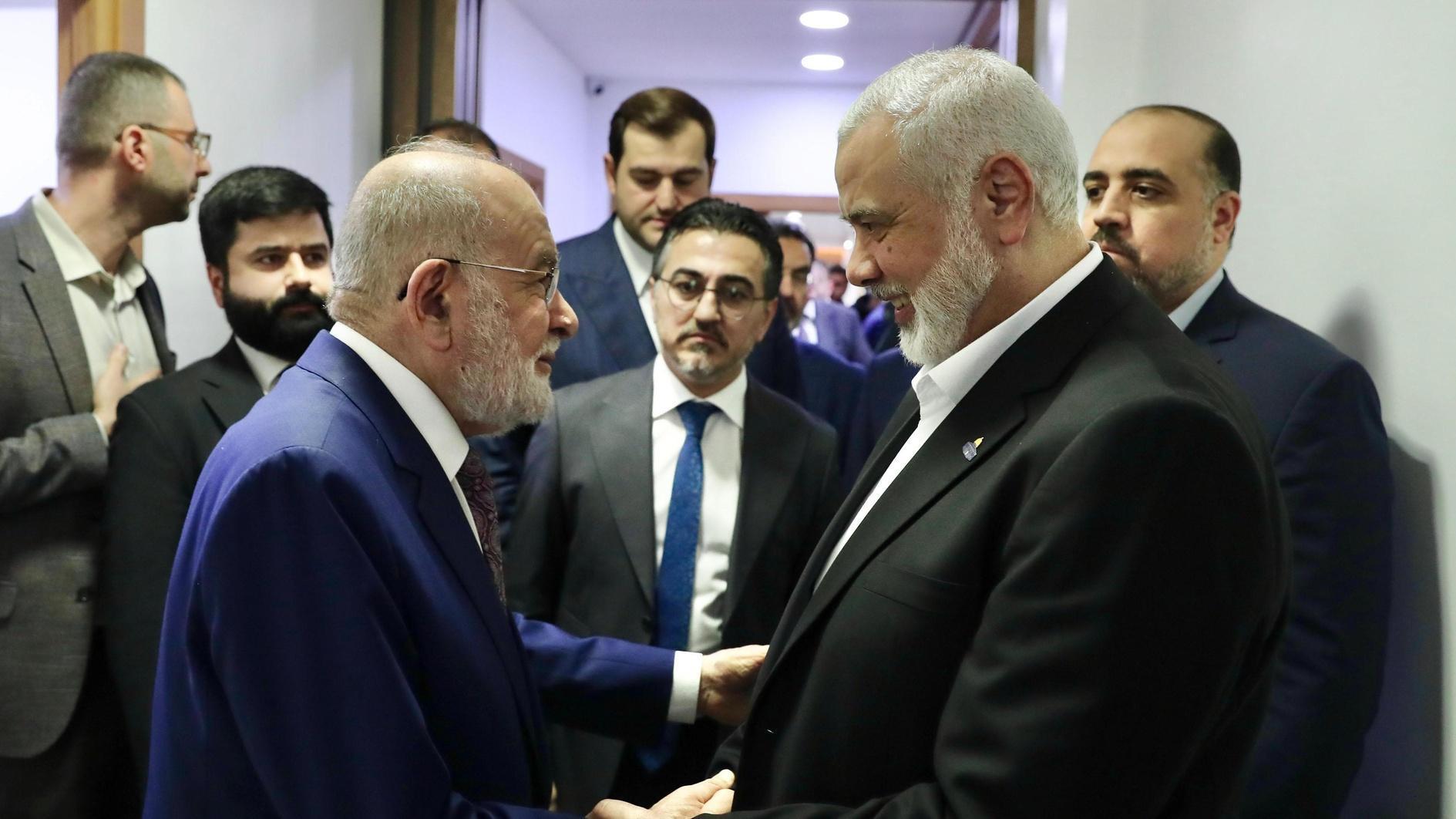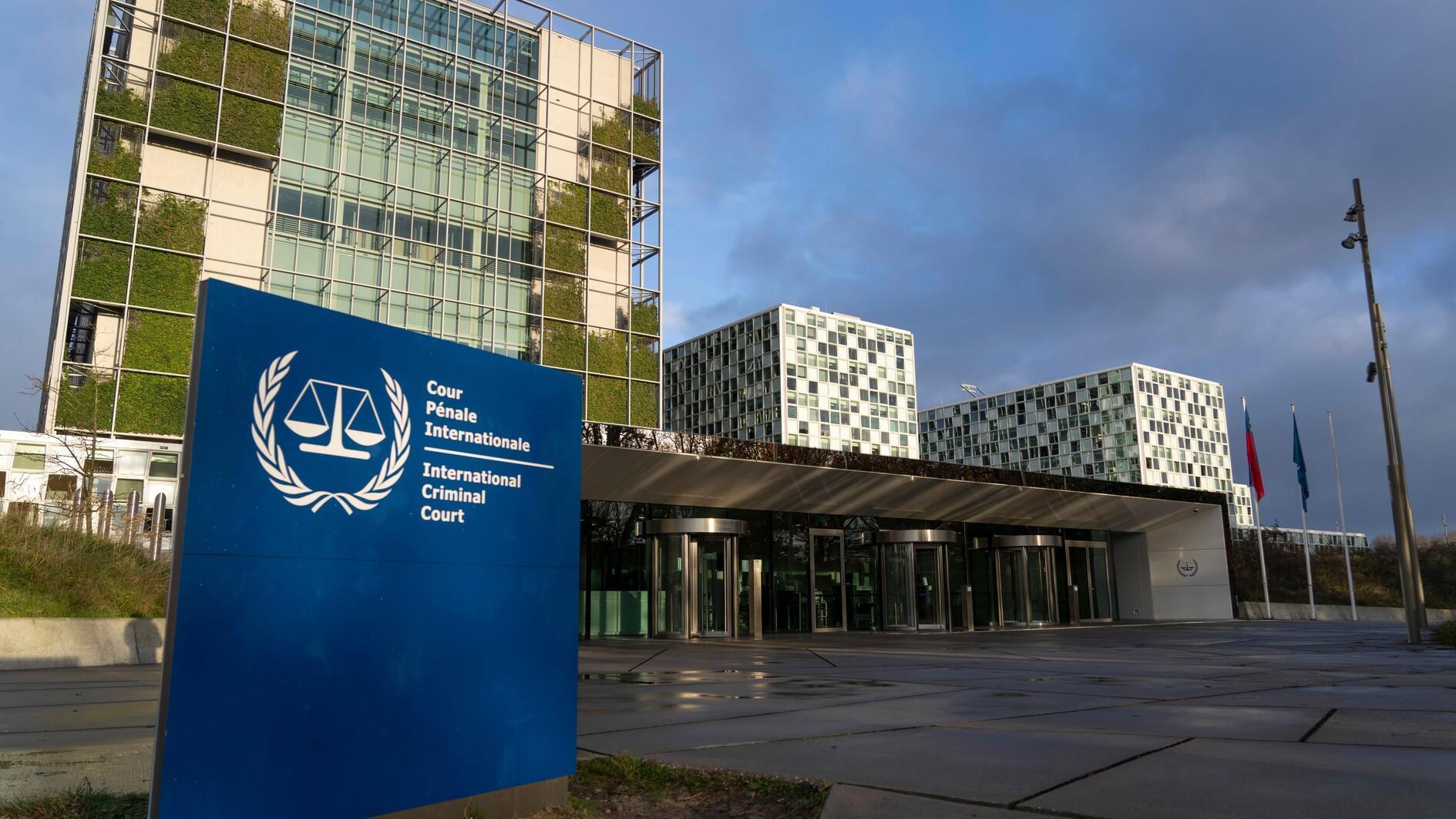Wait until July 3 for Turkish PM Erdoğan’s call for presidency
Turkish Prime Minister Tayyip Erdoğan is likely to wait until the July 3 deadline to announce his decision on whether to be a candidate for the presidency, the first round of voting for which will be held on Aug. 10.
July 3 is the last day to submit the names of the candidates to the Supreme Election Board (YSK) in order to be eligible for the elections.
On June 22, on his way back from France, Erdoğan told reporters on board his jet that the reason he was waiting until the deadline was that he was “waiting for the opposition parties’ candidates to become official.” So the former justification for not officially announcing Erdoğan’s candidacy to the presidency, which he wants very much, was that there was no name from the opposition as a rival. Now there is an opposition candidate, but Erdoğan says he is still waiting.
The only candidate named - though not yet submitted officially - is Dr. Ekmeleddin İhsanoğlu, the former Secretary General of the Organization of Islamic Cooperation (OIC). İhsanoğlu was suggested by the social democratic main opposition Republican People’s Party (CHP) leader Kemal Kılıçdaroğlu and seconded by Nationalist Movement Party (MHP) leader Devlet Bahçeli.
The Kurdish problem-focused Peoples’ Democracy Party (HDP) signaled during its congress in Ankara on June 22 that it was intending to put forward its own candidate for the presidency. According to HDP sources, the most probable name is the party’s co-chairman, Selahattin Demirtaş.
That would be the first piece of bad news for Erdoğan since the İhsanoğlu candidacy. İhsanoğlu has already caught Erdoğan’s ruling Justice and Development Party (AK Parti) a little off balance. First of all, he had actually been an AK Parti success story in the field of foreign policy until Erdoğan crossed his name out for not reacting to the coup in Egypt (ironically on July 3, a year ago in 2013) as strongly as Erdoğan wanted, although this reaction may have been according to OIC needs. In any case, İhsanoğlu is at least likely to be a candidate in the second round of the presidential vote on Aug. 24, if Erdoğan or any other AK Parti name cannot win the first round on Aug. 10, when 50-percent-plus-one of the vote will be needed.
And if the HDP comes up with a strong name like Demirtaş, it is certainly possible that it can receive something like 6-8 percent, which may mean that Erdoğan (if he is a candidate) cannot win in the first round. That could force him into a hard bargaining with the Kurds over more autonomy rights and the release (or at least the easing of prison conditions) of Abdullah Öcalan, the jailed leader of the outlawed Kurdistan Workers’ Party (PKK). The only thing that could change this scenario would be a call from Öcalan for the HDP to not put forward any (or any strong) candidate; or a call to simply not to go to the polls, in order to help Erdoğan win in the first round due to the high vote ratio coming from lower participation.
Another problem bothering Erdoğan and delaying his decision are the concerns within his party that if he ascends to the presidency and if incumbent President Abdullah Gül steps aside, (ie. not replace Erdoğan as prime minister and the head of the party), then the AK Party might start to decline. There are other popular names to replace Erdoğan as prime minister such as Ahmet Davutoğlu, Numan Kurtulmuş or Mehmet Ali Şahin, but according to AK Parti sources, none have the full confidence among decision-making bodies that they will be able to hold the party together for a long time.
Considering all those factors, Erdoğan could also decide to carry on as prime minister and put forward Abdullah Gül as a presidential candidate for a second term. All he has to do is to change a party rule barring more than three consecutive terms in Parliament. If he does that, it is possible that Gül could get elected in the first round, as he could get votes from MHP and even CHP voters. This could also help decrease the political tension in the country.



